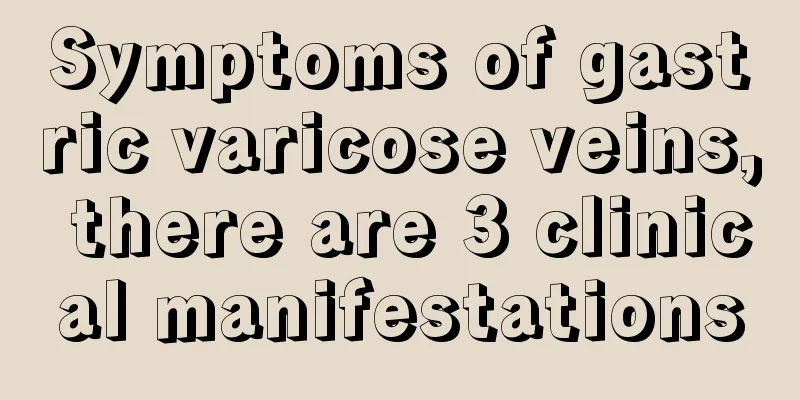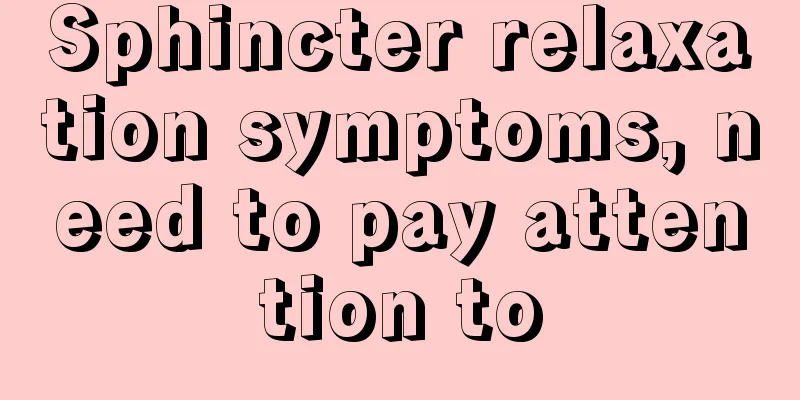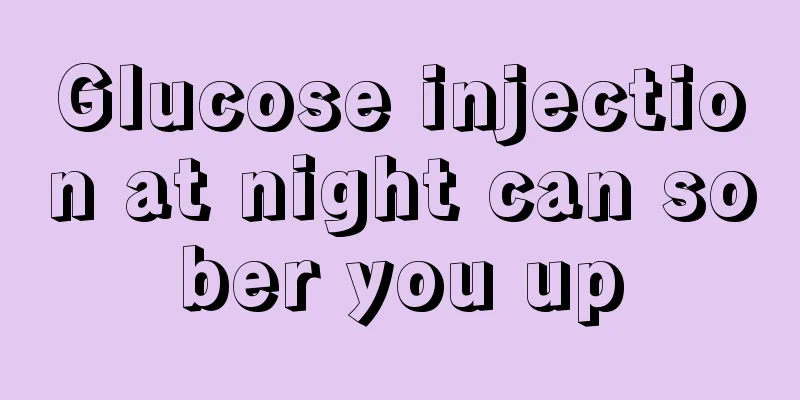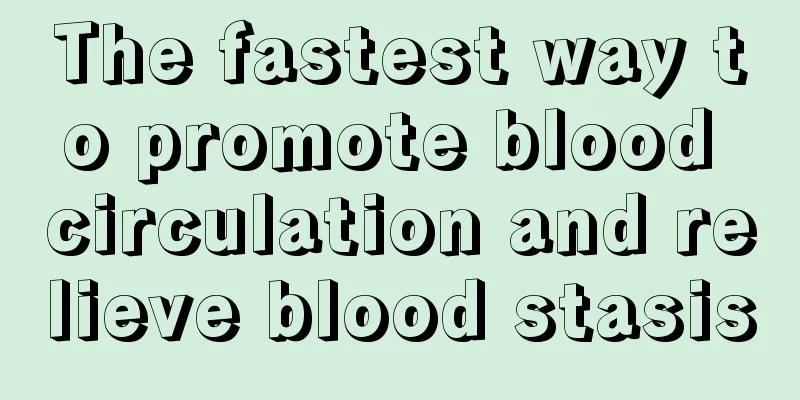Heart rate increases and I feel anxious
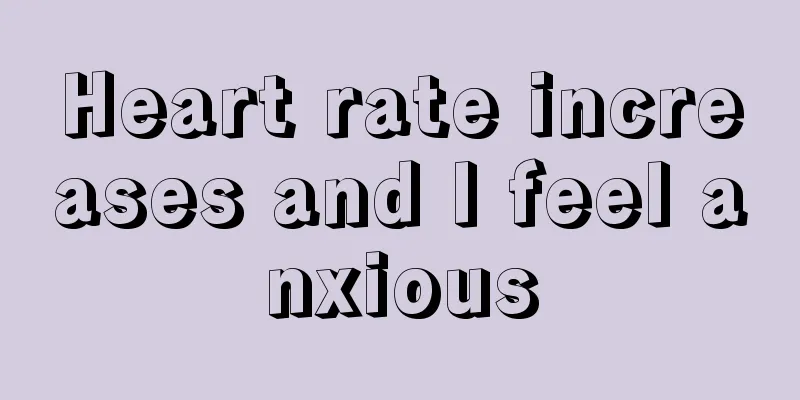
|
Many people think that a faster heartbeat is actually nothing, because it can promote blood circulation. In fact, a faster heartbeat has a huge impact on our body. First, it will cause many people to panic and feel dizzy, because people can only survive at a normal heart rate. If the heart rate exceeds the normal range of the body's tolerance, they will feel very uncomfortable. The heartbeat of a normal person is controlled by the sinoatrial node. Biologically controlled by the sinoatrial node. The electrical impulse is sent out by the sinoatrial node, passes through the special conduction tissue of the heart, and is transmitted to the atria, atrioventricular node, and finally reaches the ventricles at a normal speed. Causes the atria and ventricles to contract sequentially. This process repeated over and over is a normal heart rhythm. Normal heart rhythm is called sinus rhythm, which is 60-100 beats per minute. When the heart rate increases, more oxygen is consumed, which will cause insufficient oxygen supply to the head and lead to dizziness. There are many reasons why this may happen, such as after high-frequency exercise, stress, or hyperthyroidism. If you just occasionally feel dizzy due to nervousness and your heart rate increases, it's not a big deal. If this happens often, you should see a doctor and ask what is going on. Young people don't need to be nervous about tachycardia As we all know, the heart is an important organ in the human body. It is located in the middle left part of the chest cavity, with the sternum and ribs in front and the esophagus and spine behind. It is about the size of your fist. Throughout a person's life, the heart works non-stop without sleep. It will not stop beating until life ends. Because the heart constantly contracts and relaxes, the blood in the blood vessels can circulate continuously, allowing people to survive. When the heart beats, the apex of the heart hits the chest wall near the left nipple, forming an apex beat. People who are thin and have thin chest walls can clearly see or feel the beating heart with their hands. Under normal circumstances, an adult's heart beats between 60 and 80 times per minute, but if the heart beats more than 100 times per minute in a quiet state, it is "tachycardia", also known as "palpitations". "Tachycardia" is not a disease name, but a symptom. The causes of tachycardia vary greatly, the most common of which is a disease of the heart itself, such as various types of heart disease, myocarditis, heart failure, etc. Systemic diseases such as anemia, fever, acute and chronic infection, shock, hyperthyroidism, and gas poisoning can also cause tachycardia. For normal people, their heart rate may accelerate when they exercise or are emotionally excited, drink strong liquor, strong tea, strong coffee, smoke a lot, or take certain medications. |
<<: Heart rate is 35 times when sleeping, and the color Doppler ultrasound of the heart is normal
>>: Normal heart rate of a 14-year-old girl
Recommend
What are the risk factors for bladder cancer?
Bladder cancer is a malignant reproductive tumor....
Can B-ultrasound detect early liver cancer? The secrets of early liver cancer detection methods
China has always been a country with a high incid...
How to do the health care work for rectal cancer specifically
Among the many diseases of tumors, rectal cancer ...
What is estrogen?
Maybe many people are still unclear about what es...
The principle of using soapy water to repel mosquitoes
Summer is the season when mosquitoes are rampant....
Tell you about the symptoms of esophageal cancer
Tumors can also occur in the esophagus, and esoph...
Methods and precautions to promote wound healing
Wounds are inevitable in our lives. If we do not ...
I am so tired after dreaming all night
I believe that there are many people in life who ...
Why does my lower abdomen swell and ache when I get cold?
Because it is summer now, people like to keep coo...
Is nasopharyngeal cancer contagious?
Laryngeal cancer is not contagious because it doe...
Tips for reducing the degree of glasses
Myopia is very common nowadays. Young people nowa...
What is a teratoma?
Teratoma is an ovarian germ cell tumor, which may...
Hot compress effect of electrically heated moxa salt bag
The practice of using electrically heated moxa sa...
What are the metastatic pathways of prostate cancer
In recent years, prostate cancer has become one o...
What are some tips for drinking water?
Autumn and winter are relatively drier seasons, e...
